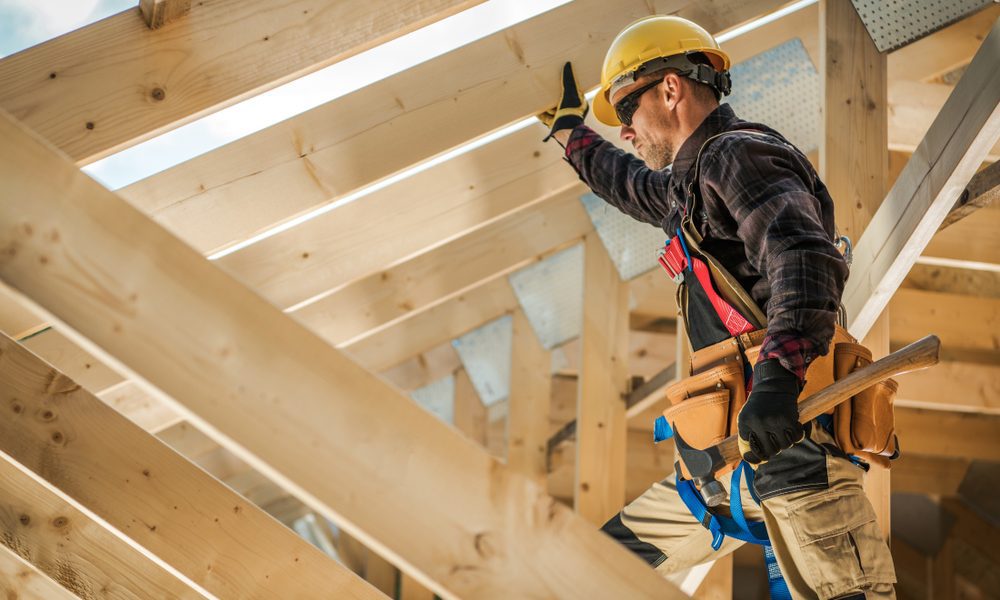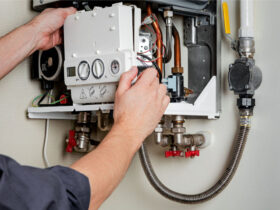Safety is a top priority for any commercial building, whether it’s an office complex, retail space, or industrial facility. Ensuring the safety of occupants, employees, and visitors is not only a legal requirement but also a critical factor in maintaining operational continuity and reducing liability. Here are several strategies to make your commercial building safer and more secure.
Install and Maintain Fire Safety Systems
One of the most important aspects of building safety is fire prevention and protection. To safeguard your commercial building against the threat of fire, it’s essential to install smoke detectors, fire alarms, and sprinkler systems throughout the facility.
These systems should be regularly inspected and maintained to ensure they are functioning correctly. Additionally, it’s important to clearly mark and illuminate emergency exits and ensure that fire extinguishers are easily accessible in key areas of the building.
Providing employees and occupants with fire safety training, including how to use fire extinguishers and follow evacuation routes, can further enhance safety in the event of an emergency.
Enhance Security with Access Control Systems
Access control systems play a vital role in maintaining the security of a commercial building. By installing keycard systems, biometric scanners, or PIN-code entry systems, you can regulate who has access to certain areas of the building.
This is particularly important for sensitive areas such as server rooms, storage spaces, and executive offices. Modern access control systems can track entry and exit times, providing valuable data that helps monitor building security.
In addition to access control, surveillance cameras should be strategically placed around entrances, parking areas, and other high-traffic zones to deter unauthorized entry and quickly address security threats.
Upgrade to Hurricane-Rated Commercial Doors
In regions prone to severe weather, such as hurricanes and tropical storms, installing hurricane-rated commercial doors is a critical safety measure. These doors are specially designed to withstand high winds, flying debris, and extreme pressure changes during severe storms.
Unlike standard doors, hurricane-rated doors are built with reinforced materials and are rigorously tested to meet stringent wind and impact resistance standards. By upgrading to these doors, you not only protect your building’s structure but also safeguard the occupants during extreme weather events. Additionally, hurricane rated commercial doors help prevent water and wind damage, which can lead to costly repairs and business interruptions.
Conduct Regular Safety Audits and Inspections
Regular safety audits and inspections are essential for identifying potential hazards and ensuring that all safety systems are up to code. These audits should cover a wide range of safety aspects, including electrical systems, plumbing, ventilation, and structural integrity.
For example, inspecting stairways, elevators, and handrails can help prevent accidents, while routine checks of HVAC systems can ensure proper air quality and temperature regulation.
Safety audits should also include the evaluation of emergency preparedness plans, ensuring that evacuation routes, first aid kits, and communication protocols are in place and up to date. By conducting frequent inspections, building managers can address potential safety issues before they escalate into serious problems.




